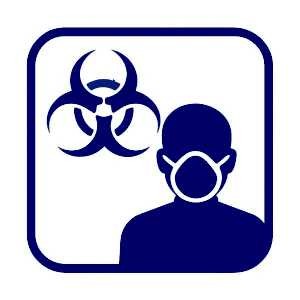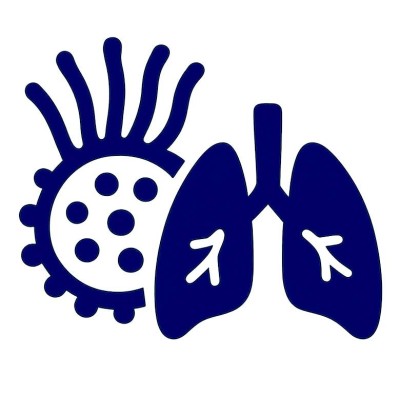

Training
Within their research projects, Wessex One Heath (WOH) students will be trained by supervisors with a diverse range of expertise, with joint supervision from academic and non-academic partners. They will spend time at both partners providing them with experience of dual working environments, research cultures and skills training.
There will also be a range of organised cohort training events. WOH students will commence their PhD studentship with a two-day residential welcome event. This will introduce students to the management team, PhD structure, basic lab skills, data integrity and cohort-centred activities.
Training themes
The WOH DLA training programme has been developed around six interlinked and themed strands:

Biosafety
Courses including a workshop on high-containment work on pathogens (including visits to the UKHSA, DSTL and Pirbright Institute facilities, including the BSL3-BSL4-SAPO4 insectory in the latter).
Led by the DSTL.

Data Science for biologists
Courses in Bioinformatics, Biostatistics, Genomics and Applied Artificial Intelligence (AI).
Led by the Pirbright Institute.

Communication
Courses in communication, media training and outreach that will be external media providers. We will have an annual impact event showcasing our research engaging the local community.
Led by the University of Surrey public engagement team.

Climate change
Courses in climate change and its impact on key drivers for disease emergence.
Led by the University of Sussex Institute for Development Studies and School of Global Studies.
Fungal infection

A course understanding the reach of fungal infection. Led by the University of Exeter MRC CMM.
Career development

Careers awareness workshops to introduce students to opportunities outside academia in government, industry, policy and business. Led by the APHA.
Additional training
Each university offers courses in key competencies for the PhD students spanning scientific writing, presentation skills, project management, scientific integrity, open science and reproducible research.
Students will be supported in organising their own cohort activities, including online journal clubs and seminar series to develop their leadership and organisational skill.
All courses will (where possible) employ a flipped learning design, hybrid (in-person and online) delivery, and constitute 2 CATs of content over a week-long duration. Courses centred on working inside containment will be structured differently to support learning outcomes specific to those course.
In years 1, 2 and 3, there will also be cohort-building activities centred across DLA-specific transversal skills.
Training Lead

Tim Downing
Pirbright Deputy and Training Lead
